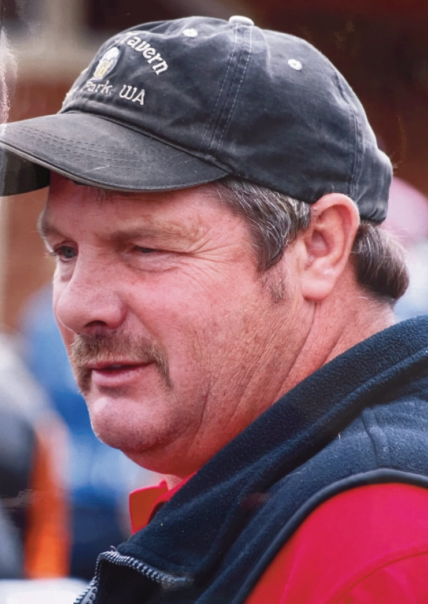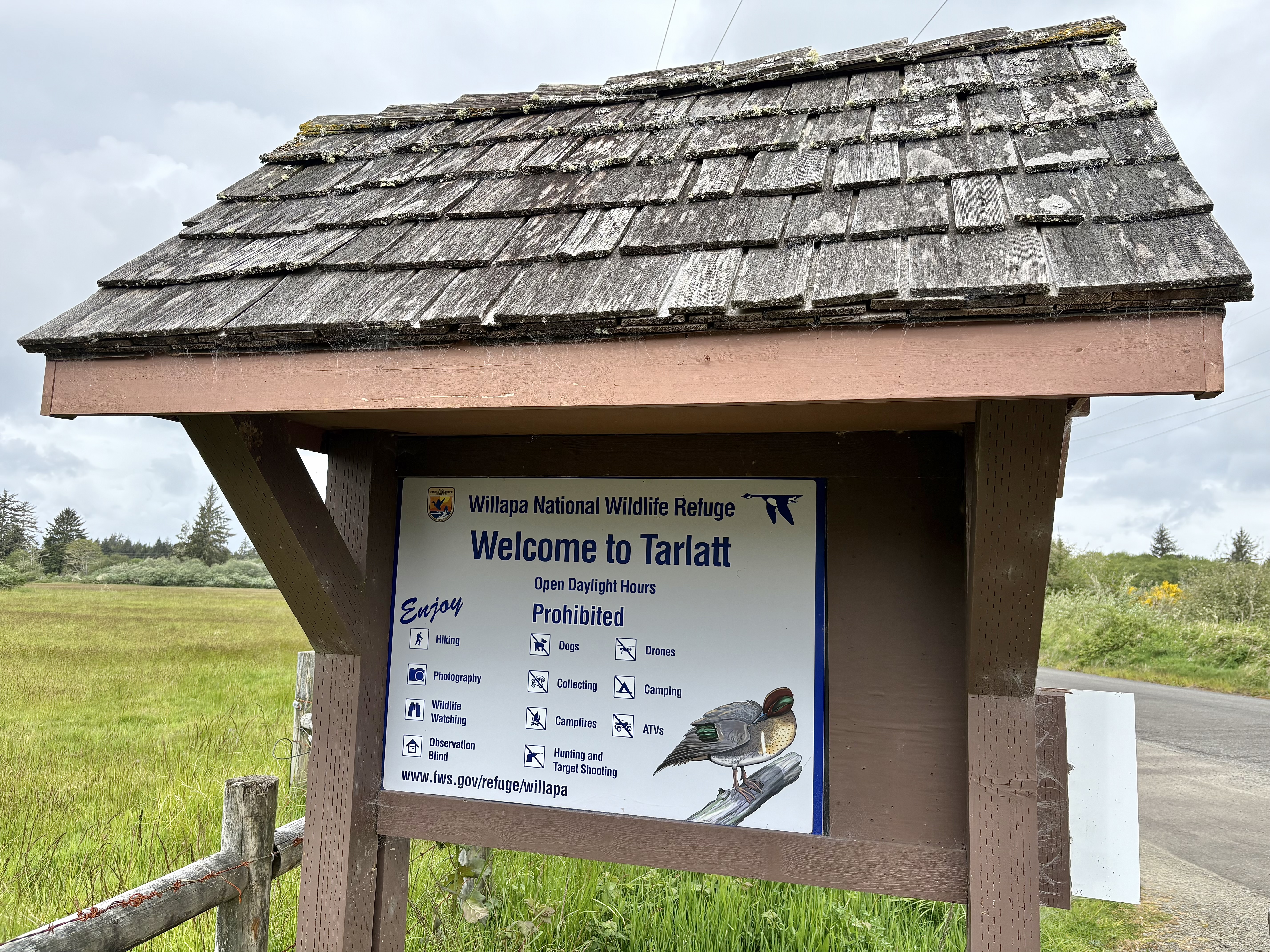Commission delists bald eagles, falcons, airs options on Columbia salmon policy
Published 9:35 am Tuesday, December 13, 2016
OLYMPIA — The Washington Fish and Wildlife Commission removed bald eagles and peregrine falcons from the state list of “sensitive species” at a meeting Dec. 9-10.
Trending
The commission, a citizen panel appointed by the governor to set policy for the Washington Department of Fish and Wildlife, also received public comments on future options for the Columbia River reform policy.
The commission’s action to reduce the state’s protective status of bald eagles and peregrine falcons reflects the species’ steady recovery since the 1970s, when the pesticide DDT was banned under federal law.
State wildlife managers recommended delisting both birds because they no longer meet the state’s definition of “sensitive species,” said Penny Becker, WDFW Wildlife Diversity manager. Although both species are still protected under federal law, the state will no longer designate them for special attention in local land-use planning.
Trending
“This has been a long time coming,” Becker said. “Both of these species are success stories in Washington as well as in other states.”
In addition to delisting bald eagles and peregrine falcons, the commission also approved the reclassification of three other wildlife species. White pelicans were reduced from “endangered” to “threatened” status, while marbled murrelets and lynx were reclassified as “endangered” due primarily to the continuing loss of essential habitat.
The second day of the meeting was largely dedicated to a public discussion about the next phase of the commission’s Columbia River reform policy, adopted in 2013 to restructure salmon fisheries below Bonneville Dam.
Developed in conjunction with Oregon, the policy is designed to promote conservation of salmon and steelhead, prioritize recreational salmon fishing in the Lower Columbia River, and transition gillnet fisheries into off-channel areas. The policy also calls for increasing hatchery releases in these areas, while expanding commercial fishing opportunities through the use of alternative fishing gear.
With the transition period of the reform policy set to end this year, the commission heard comments from more than two-dozen recreational and commercial fishers on options for implementing the next phase of that plan. Initial options under consideration by the commission would:
• Extend the transition period of current plan.
• Adopt the Oregon Department of Fish and Wildlife staff proposal for “rebalancing” commercial and recreational benefits for spring and summer Chinook salmon.
• Follow the current policy, which would end the transition period Dec. 31, 2016.
Following public testimony, the commission asked WDFW staff to provide an economic analysis of each option and to analyze an additional option that would explicitly allow a gillnet fishery for upriver bright fall Chinook upstream from the Lewis River in 2017 and 2018.
Options currently under consideration are posted on WDFW’s website at wdfw.wa.gov/conservation/fisheries/lower_columbia/options.html. The commission will accept written comments on those and other proposals through Jan. 6, and will also invite public testimony at a public meeting Jan. 13-14 in Vancouver, Wash., before considering any updates to the policy.









